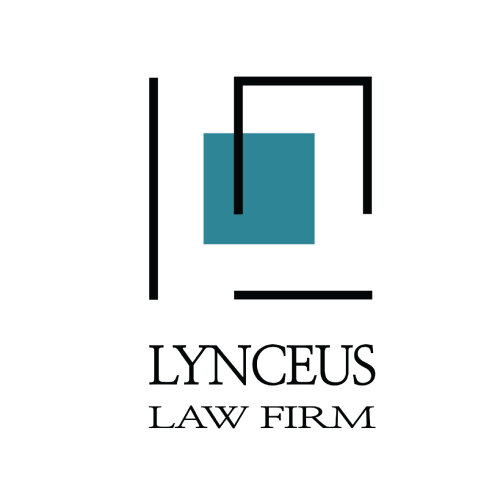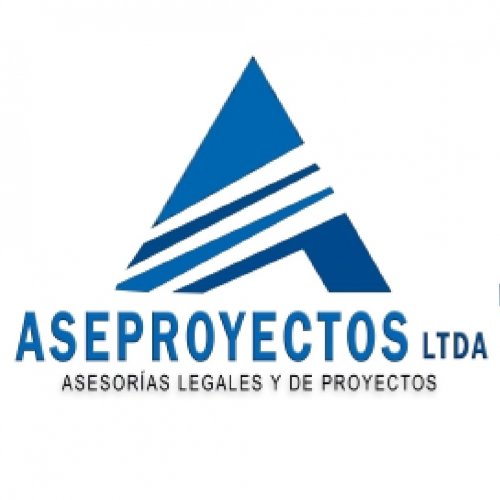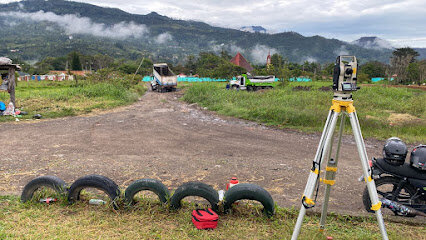Best Real Estate Lawyers in Colombia
Share your needs with us, get contacted by law firms.
Free. Takes 2 min.
Free Guide to Hiring a Real Estate Lawyer
Or refine your search by selecting a city:
List of the best lawyers in Colombia
About Real Estate Law in Colombia
Real estate law in Colombia is a crucial segment of the legal system that governs the purchase, sale, lease, and management of properties, including land and buildings. This field is highly regulated to ensure fair transactions and protect the rights of property owners and tenants. Key elements include the registration of property, verification of ownership, and adherence to zoning laws. The legal framework aims to provide clarity in transactions, prevent fraud, and promote the stable development of urban and rural areas.
Why You May Need a Lawyer
Engaging a lawyer proficient in Colombian real estate law can provide assurance and prevent potential pitfalls. Common situations where legal assistance may be required include:
- Property Purchase or Sale: Lawyers conduct due diligence, verify property titles, draft contracts, and ensure compliance with legal requirements.
- Real Estate Development: Legal guidance is crucial for navigating zoning regulations, environmental concerns, and obtaining necessary permits.
- Lease Agreements: Lawyers assist in drafting and reviewing lease agreements to protect the interests of landlords or tenants.
- Dispute Resolution: In cases of property disputes, be it with neighboring property owners or contractual disagreements, legal representation is essential.
- Inheritance and Succession: Legal assistance helps in the proper transfer of property through inheritance, ensuring compliance with Colombian inheritance laws.
Local Laws Overview
The Colombian legal system offers a robust structure governing real estate transactions. Key aspects include:
- Public Registry: All real property transactions must be registered with the Oficina de Registro de Instrumentos Públicos to establish legal ownership.
- Strata Law: This law regulates properties within condominium settings, focusing on shared ownership and management.
- Zoning Laws: Land use regulations are crucial for urban planning, affecting what can be built and where.
- Leasehold Legislation: Laws detail the rights and obligations of landlords and tenants, including eviction proceedings and rent regulations.
- Environmental Regulations: Compliance with environmental standards is mandatory for property development, particularly in environmentally sensitive areas.
Frequently Asked Questions
What is the process for buying a property in Colombia?
Buying property involves identifying the desired property, negotiating a preliminary sales agreement, conducting due diligence, executing a public deed, and registering the property with the public registry office.
Do foreigners face any restrictions when purchasing real estate in Colombia?
No, foreigners can freely purchase real estate in Colombia. However, they must comply with the same registration and taxation regulations as Colombian citizens.
What taxes should I consider when buying or selling property?
Buyers typically pay a property registration tax and notary fees, while sellers may be liable for capital gains tax on profits from the sale.
How is property ownership verified?
Ownership is verified through the public registry where all deeds and historical ownership details are recorded.
What are the risks of buying unregistered property?
Purchasing unregistered property can lead to disputes over ownership and legal challenges, with an increased risk of fraud.
How does inheritance affect property ownership?
Colombian law mandates the distribution of property among heirs in accordance with statutory succession laws unless a valid will specifies otherwise.
Can I evict a tenant if they fail to pay rent?
Yes, but eviction requires legal proceedings that must comply with local leasehold laws. Engaging a lawyer is recommended to navigate these processes.
What is the role of a notary in real estate transactions?
Notaries play a crucial role in legalizing the transaction by preparing the public deed, ensuring compliance with legal requirements, and providing official documentation.
Are there laws protecting tenants in Colombia?
Yes, there are comprehensive tenant protection laws aimed at preventing unjust evictions, regulating security deposits, and ensuring fair lease agreements.
What documents are required for a real estate transaction?
Typically, a transaction involves a public deed, proof of payment of taxes and fees, property registration certificate, and identification of the parties involved.
Additional Resources
For those seeking further information, consider exploring the following resources:
- Superintendencia de Notariado y Registro: Manages public property registries.
- Cámara de Comercio: Provides property information and due diligence support.
- Ministry of Housing, City and Territory: Offers information on housing regulations and policies.
- Local Municipality Offices: Provide zoning and land use information.
- Real Estate Associations: Such as Asociación Colombiana de Lonjas de Propiedad Raíz (Loose Association) for professional advice and market insights.
Next Steps
If you need legal assistance with real estate matters in Colombia, consider the following steps:
- Conduct initial research to better understand the legal framework and specific requirements related to your situation.
- Compile any relevant documents you currently have concerning your real estate matter.
- Contact a suitable real estate lawyer or legal firm that specializes in Colombian real estate law for professional guidance.
- Discuss your specific needs and provide the lawyer with detailed information for a tailored legal solution.
- Remain proactive in understanding and participating in the legal proceedings to ensure a beneficial outcome.
Lawzana helps you find the best lawyers and law firms in Colombia through a curated and pre-screened list of qualified legal professionals. Our platform offers rankings and detailed profiles of attorneys and law firms, allowing you to compare based on practice areas, including Real Estate, experience, and client feedback.
Each profile includes a description of the firm's areas of practice, client reviews, team members and partners, year of establishment, spoken languages, office locations, contact information, social media presence, and any published articles or resources. Most firms on our platform speak English and are experienced in both local and international legal matters.
Get a quote from top-rated law firms in Colombia — quickly, securely, and without unnecessary hassle.
Disclaimer:
The information provided on this page is for general informational purposes only and does not constitute legal advice. While we strive to ensure the accuracy and relevance of the content, legal information may change over time, and interpretations of the law can vary. You should always consult with a qualified legal professional for advice specific to your situation.
We disclaim all liability for actions taken or not taken based on the content of this page. If you believe any information is incorrect or outdated, please contact us, and we will review and update it where appropriate.
Browse real estate law firms by service in Colombia
Colombia Attorneys in related practice areas.
Browse real estate law firms by city in Colombia
Refine your search by selecting a city.
















